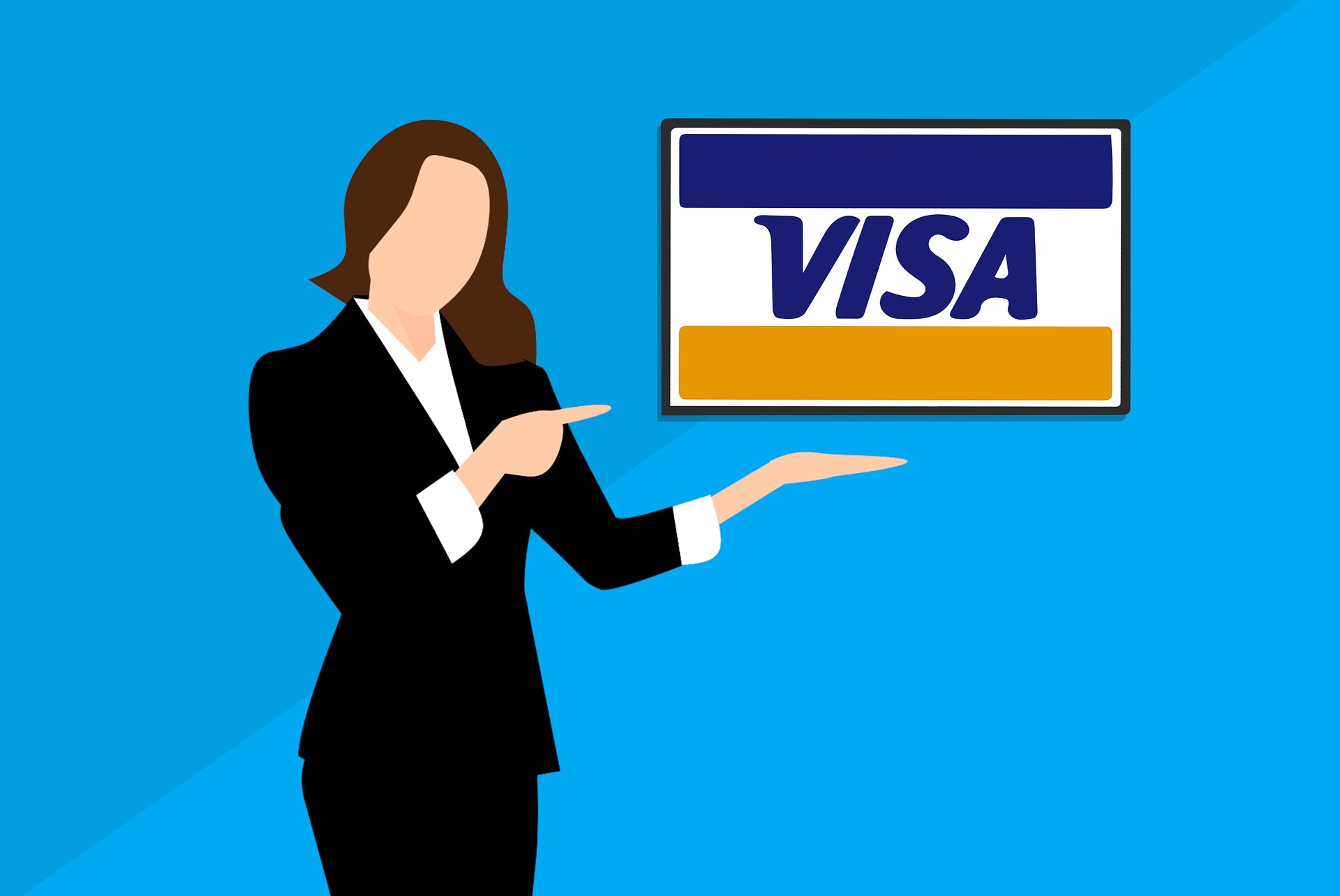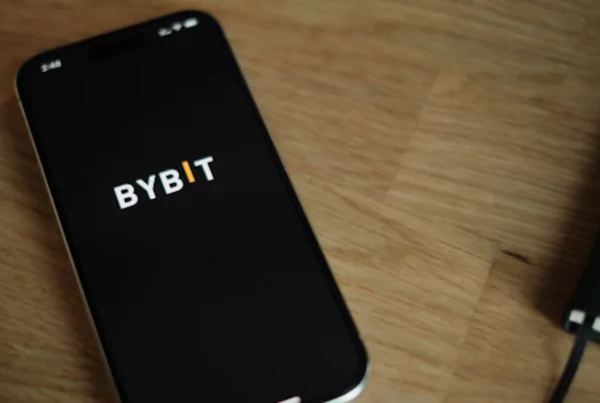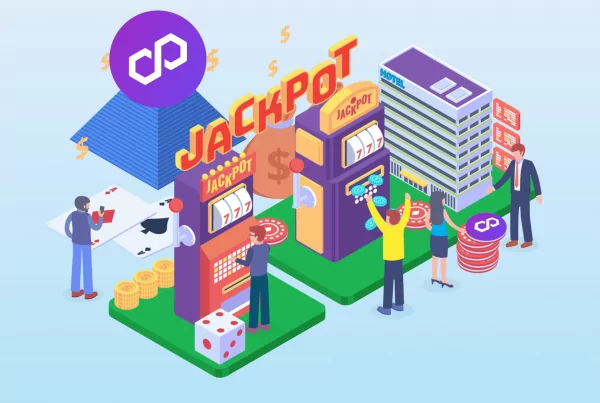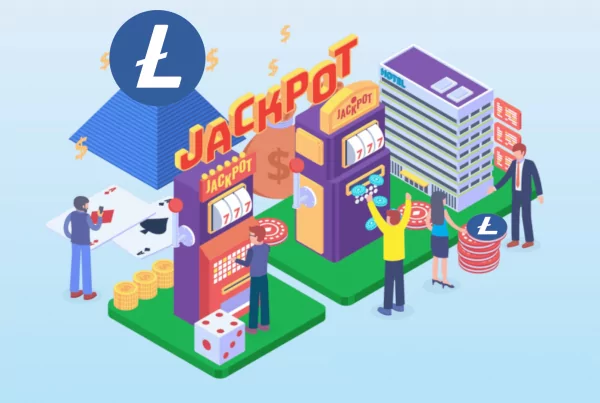
Key takeaways:
- Visa developed a novel concept that showcases interoperability functionality between different blockchains
- The so-called Universal Payments Channel (UPC) will allow different CBDCs, stablecoins and other digital tokens to be exchanged among each other, despite the underlying blockchain
- Some of the most prominent companies in the financial services industry are betting on the long-term success of crytpo
A growing number of countries are assessing the possibility of transferring the fundamental aspects of their monetary systems onto the distributed ledger technology, in the form of central bank digital currencies (CBDCs). Given that each nation is developing CBDCs using its proprietary solutions, exchanging different CBDCs could become a major problem in the future.
Visa is taking a preemptive approach and is already searching for a solution that would enable interoperability between various blockchains CBDCs are built on. The payment processing giant is not only looking to provide solutions for CBDCs, but also for all kinds of other digital tokens and stablecoins that exist on different blockchains.
Visa aims to build a “network of blockchain networks”
In a recently published whitepaper, Visa outlined a concept of an interoperability platform for digital currencies, which would enable “transfers of funds across different networks through payment channels.” The concept is called Universal Payments Channel (UPC). The whitepaper highlights the core problem and outlines the solution:
“As the number of DLT networks increases, each with varying design characteristics, the likelihood that transacting parties are on the same network decreases. Thus, it is crucial to facilitate payments that are universal across networks, scalable to massive loads, and highly available.”
Visa’s cryptocurrency department lead, Cuy Sheffield told The Block in an interview that Visa is looking far ahead into the future and is envisioning the possibility of the company becoming a bridge between cryptocurrencies developed on various blockchains.
UPC is designed to utilize Ethereum’s smart contract functionality to facilitate payments among different crypto networks. Visa hopes UPC becomes a “network of blockchain networks” and makes the problem of transferring funds between different chains a thing of the past. Going forward, Visa is looking to facilitate the smart contact functionality of other crypto platforms to expand the UPC’s utility.
The financial industry is deepening its ties to crypto
Visa is far from being the only company in the financial services space that is eyeing the possibility of increased involvement within the blockchain sector. An international financial corporation, Mastercard has recently announced the acquisition of CipherTrace, a crypto analytics firm that specializes in tracing transactions made on the public ledger. Earlier in the year, Mastercard also announced that it will start supporting digital assets directly on its network, showing the company’s long-term commitment to the growing industry.
PayPal decided to implement cryptocurrency functionality into its repertoire of existing products and services in October of last year. Since then, the payments giant has been expanding its digital currency offerings, by integrating cryptocurrencies into its PayPal wallet, and by adding crypto functionality to its Venmo platform.
Over the course of the year, several investment banks have started offering crypto services to their customers via a variety of different investment products. For instance, JPMorgan started providing access to Grayscale’s Bitcoin and Ethereum funds in July. Shortly thereafter, Wells Fargo began offering exposure to crypto assets to qualified investors.



